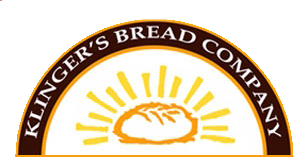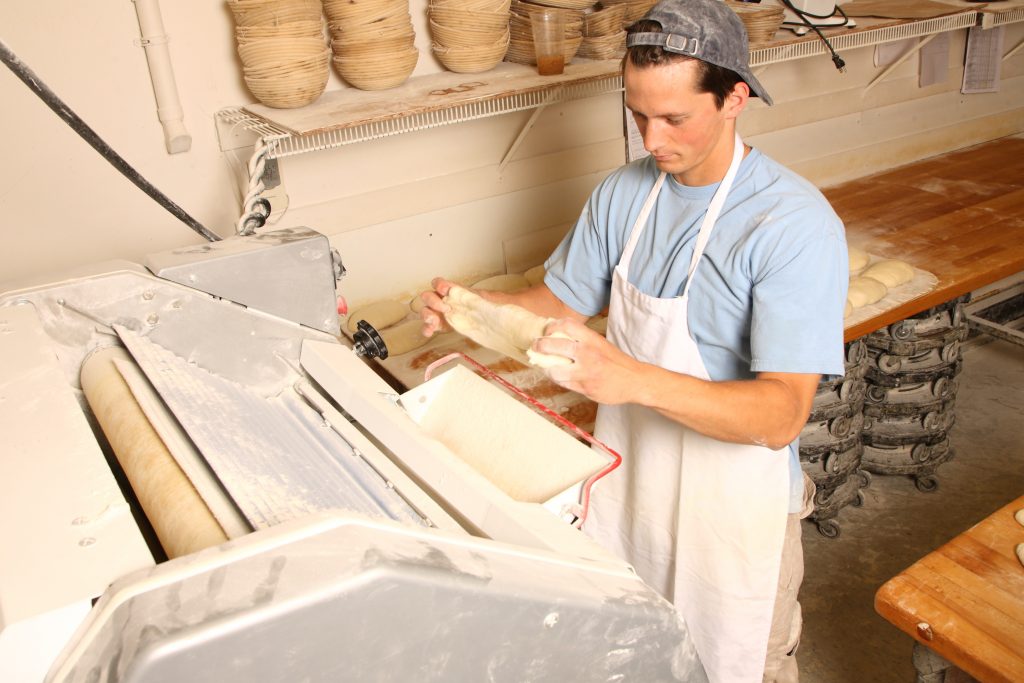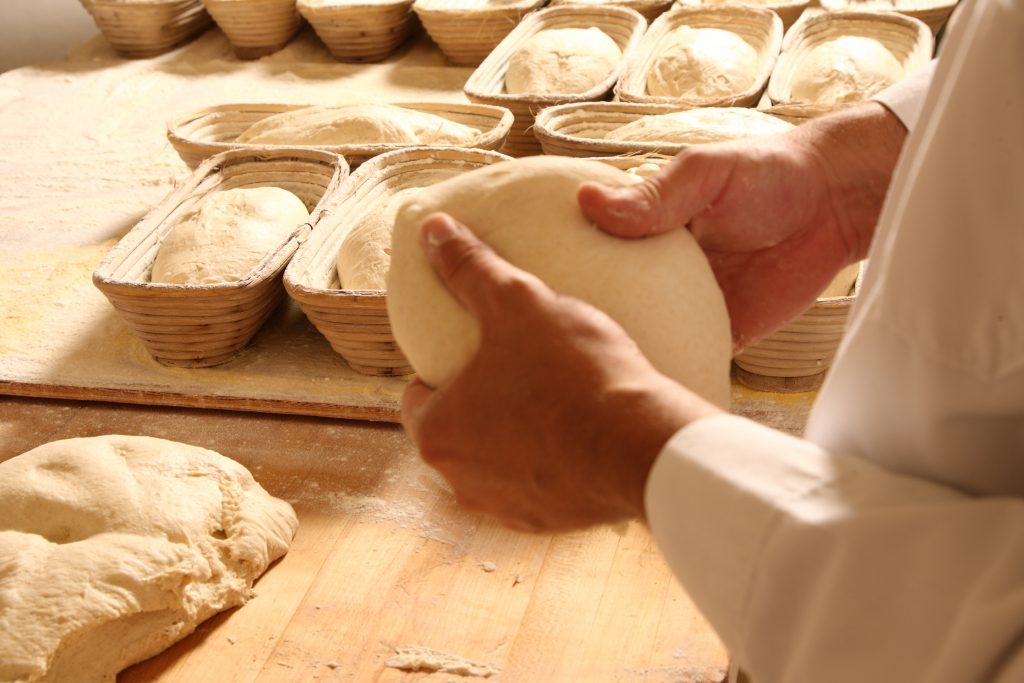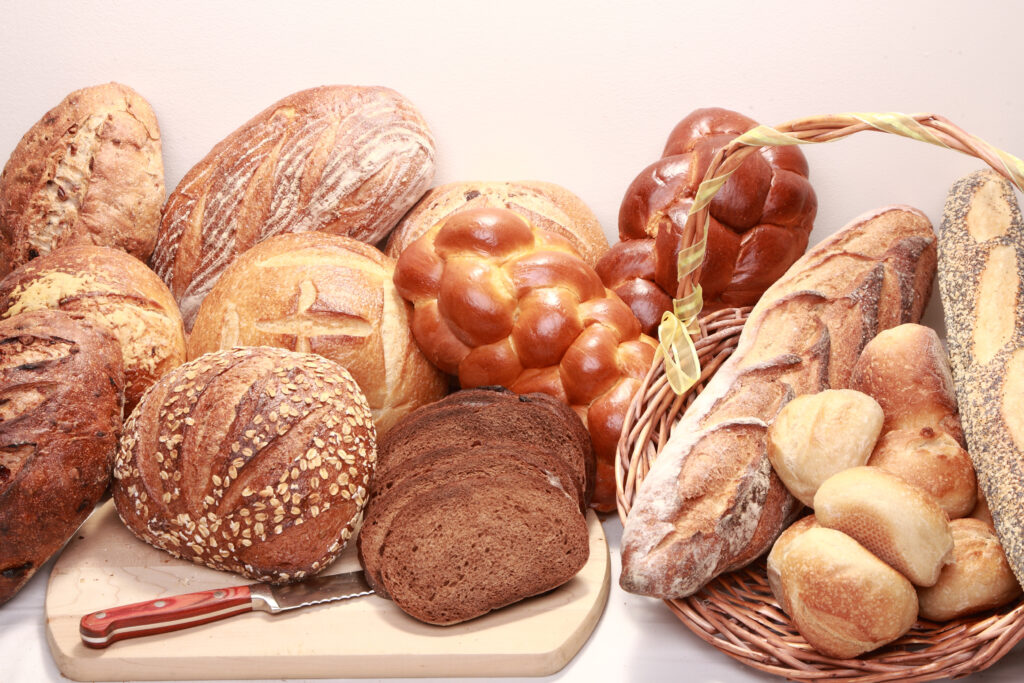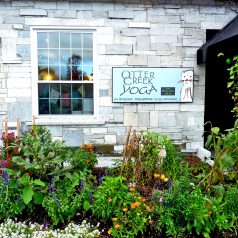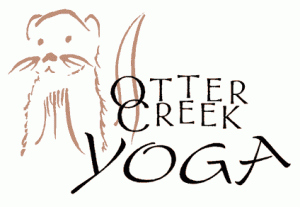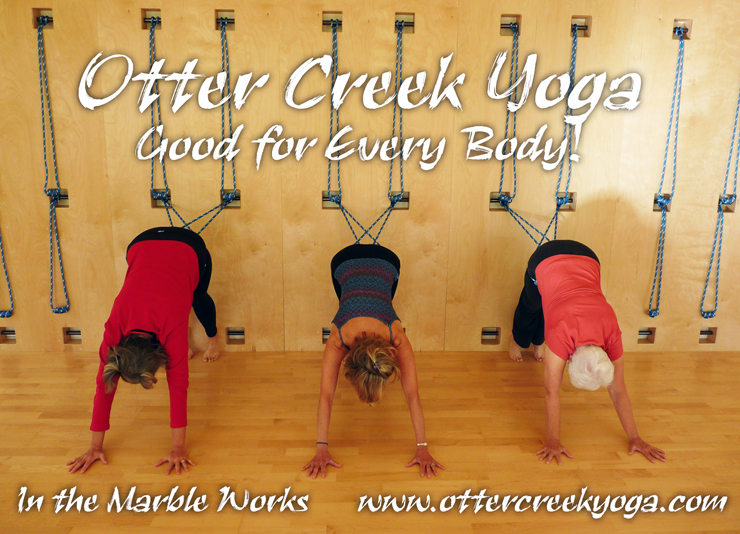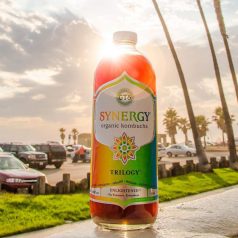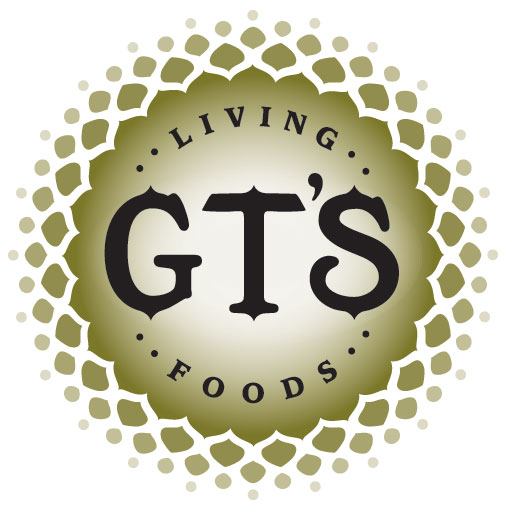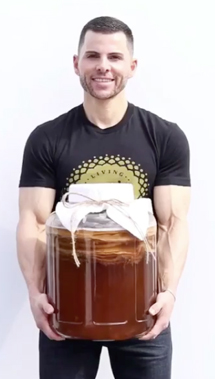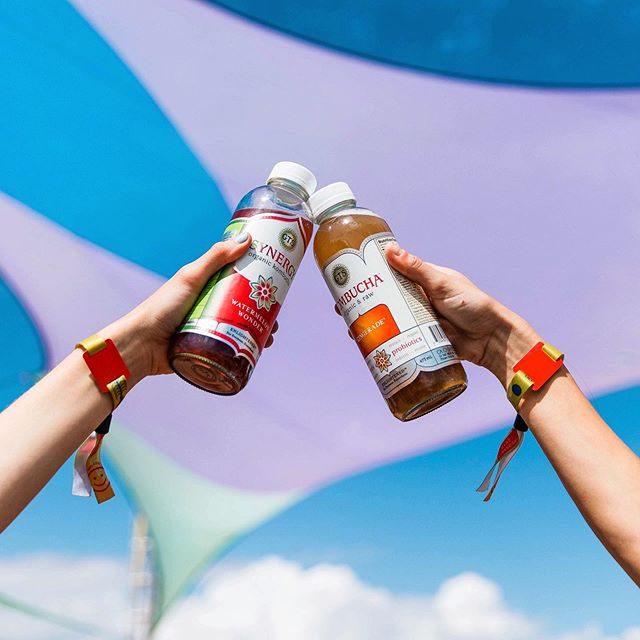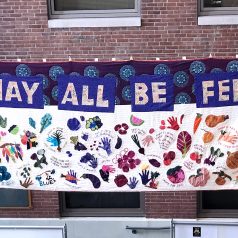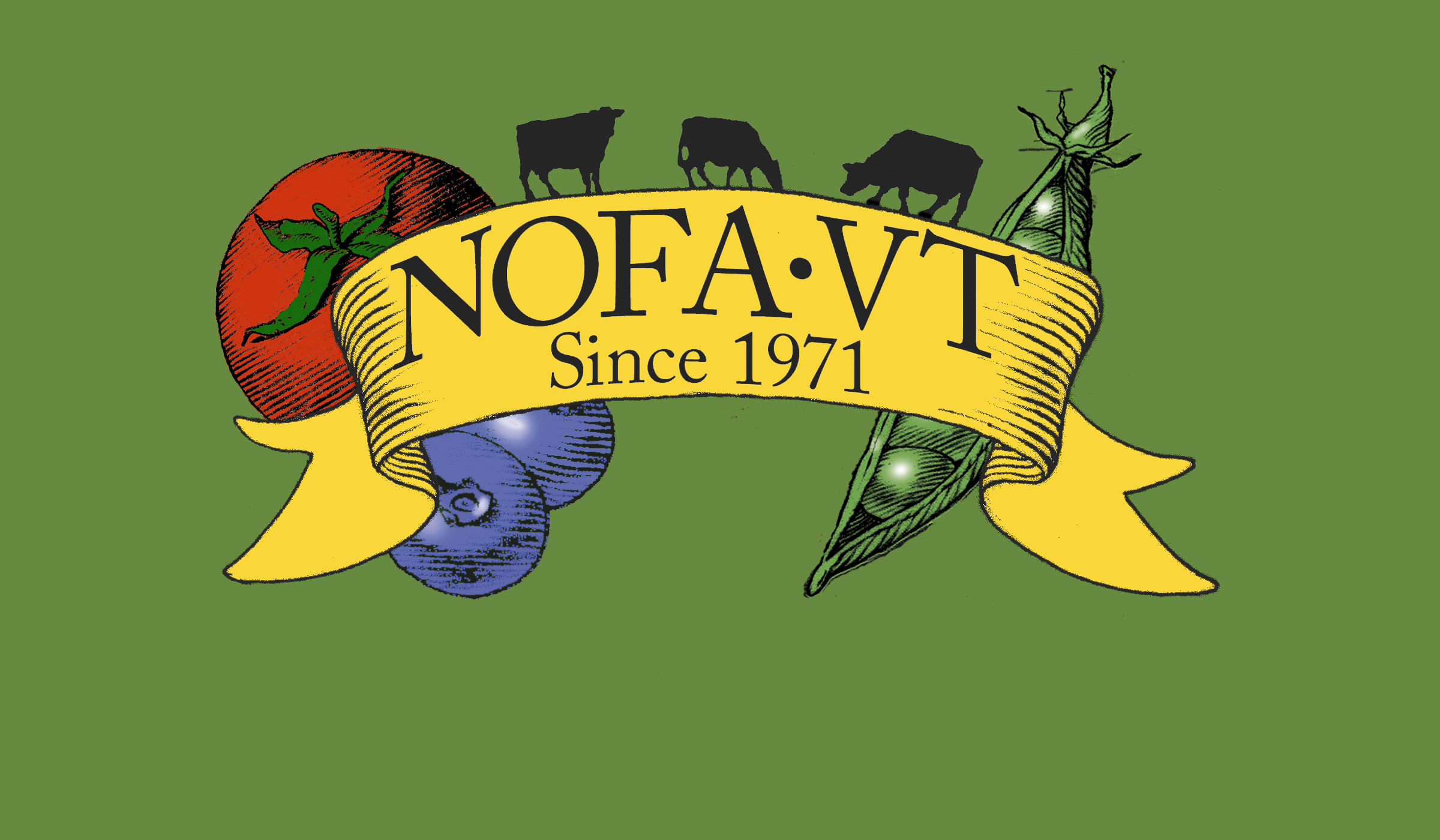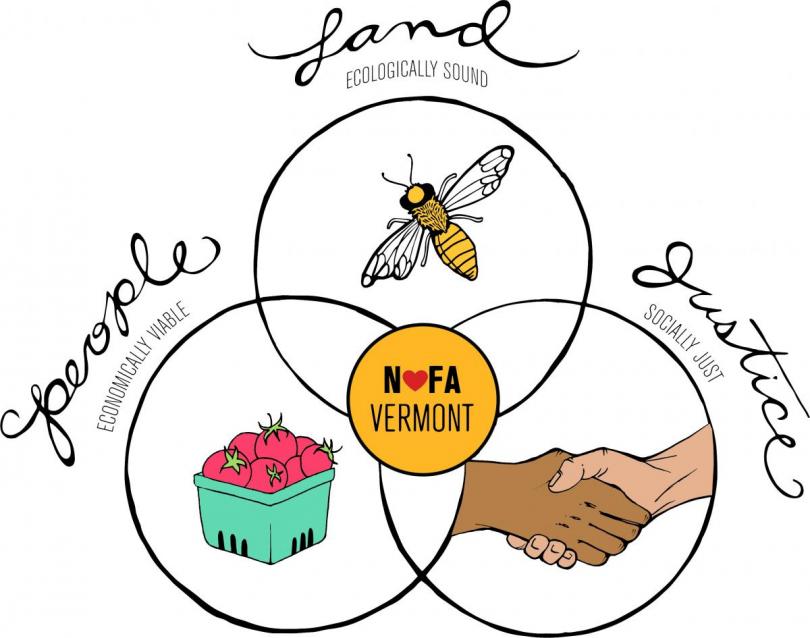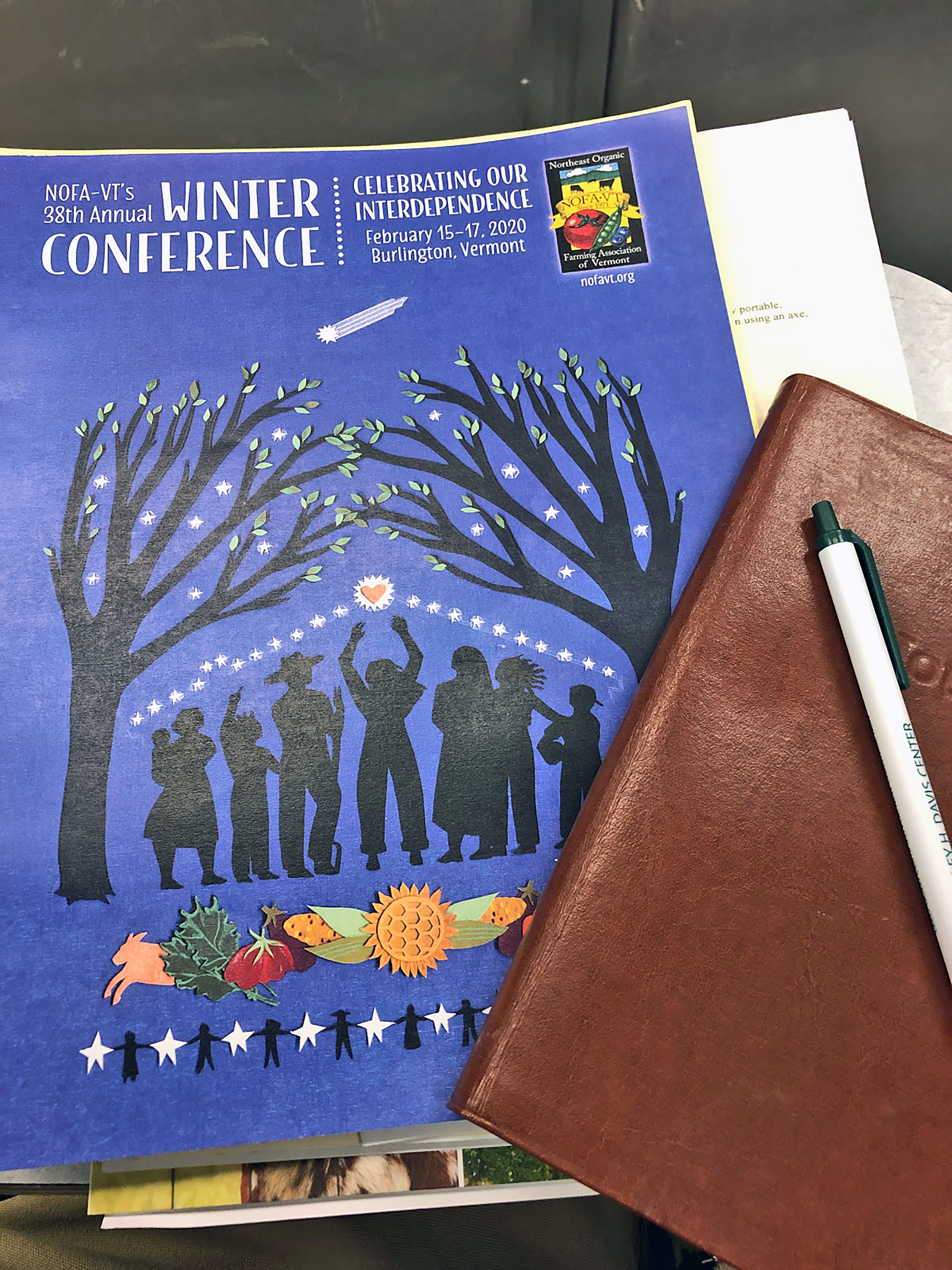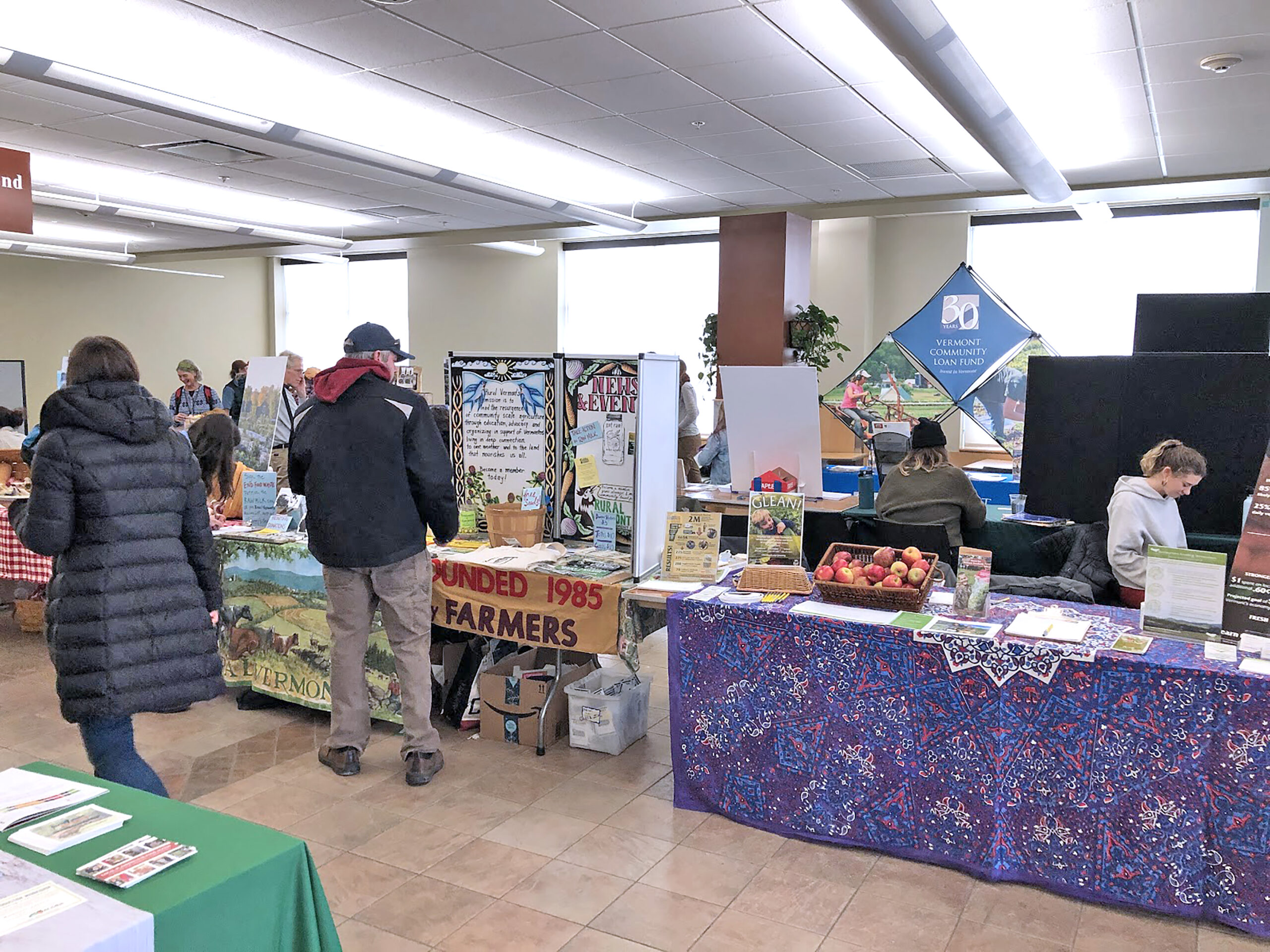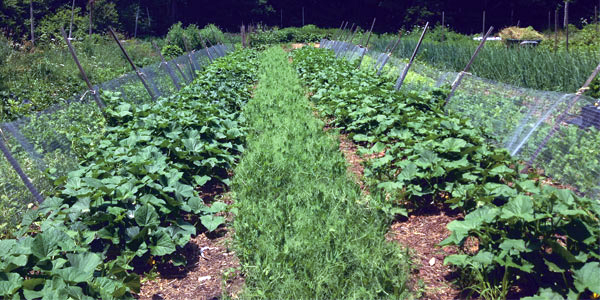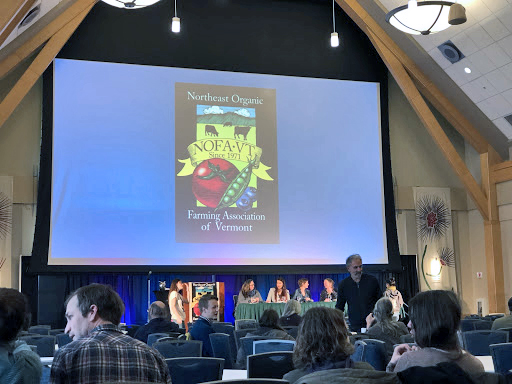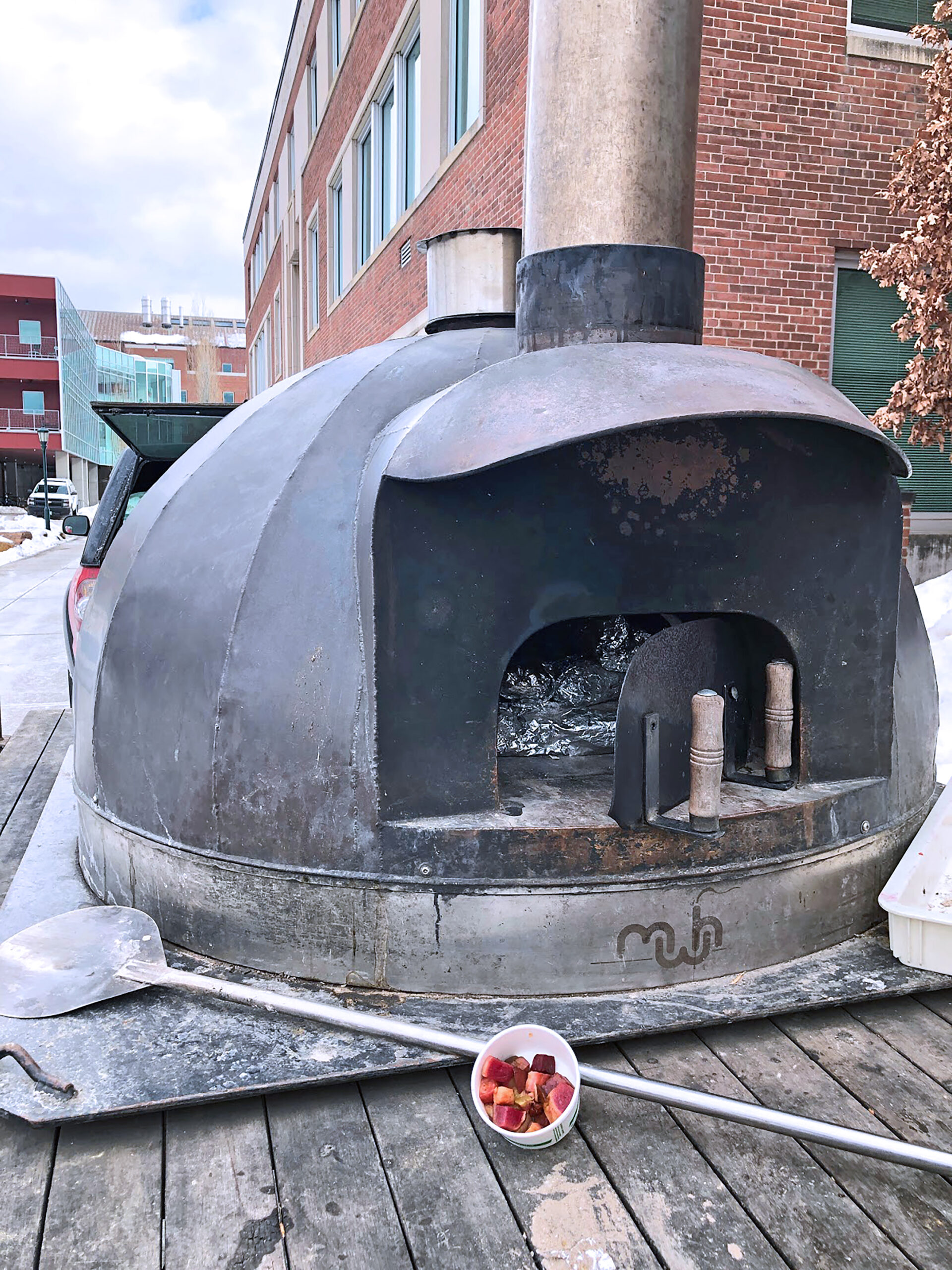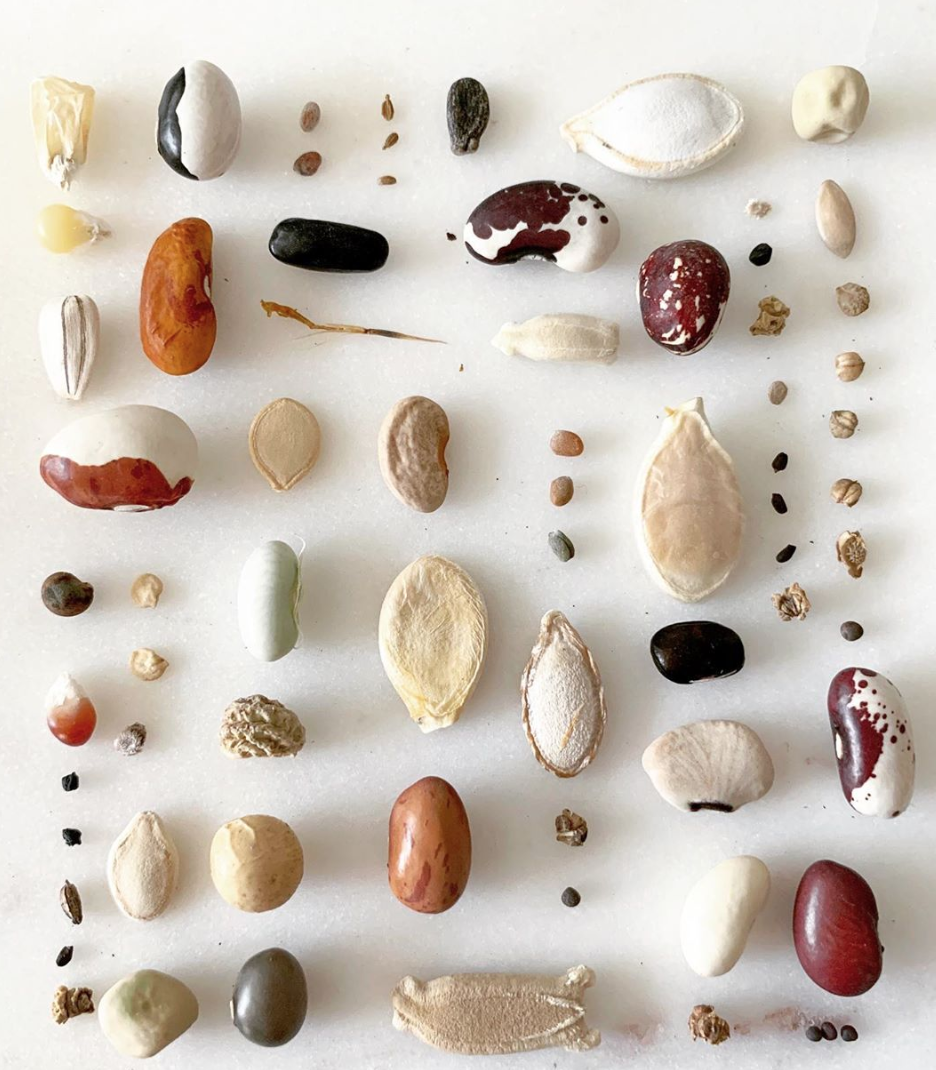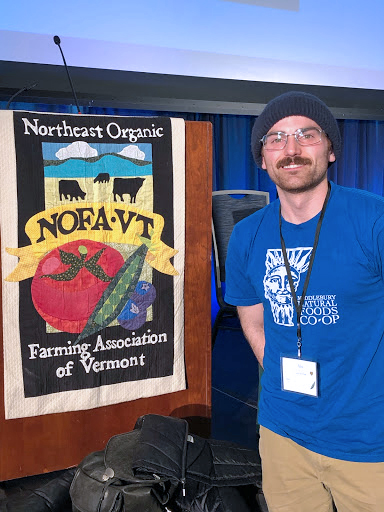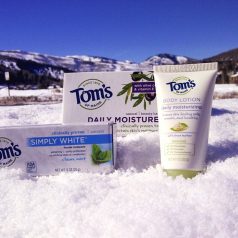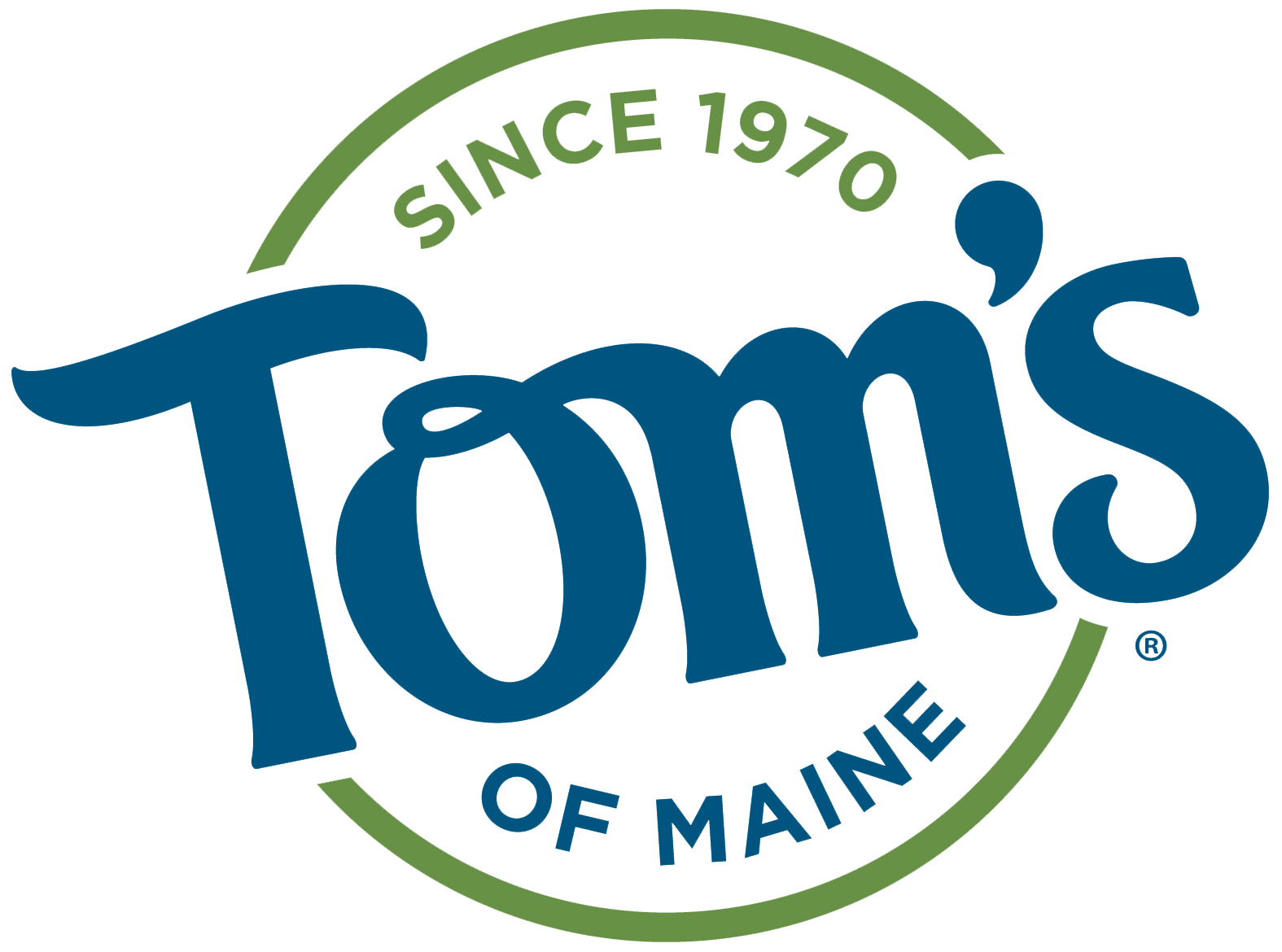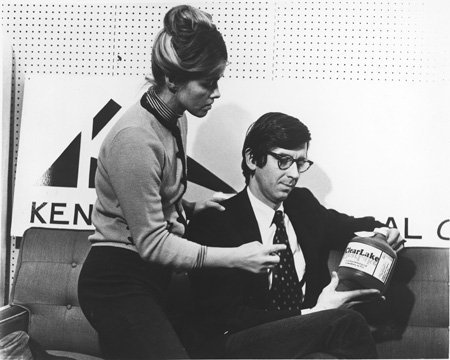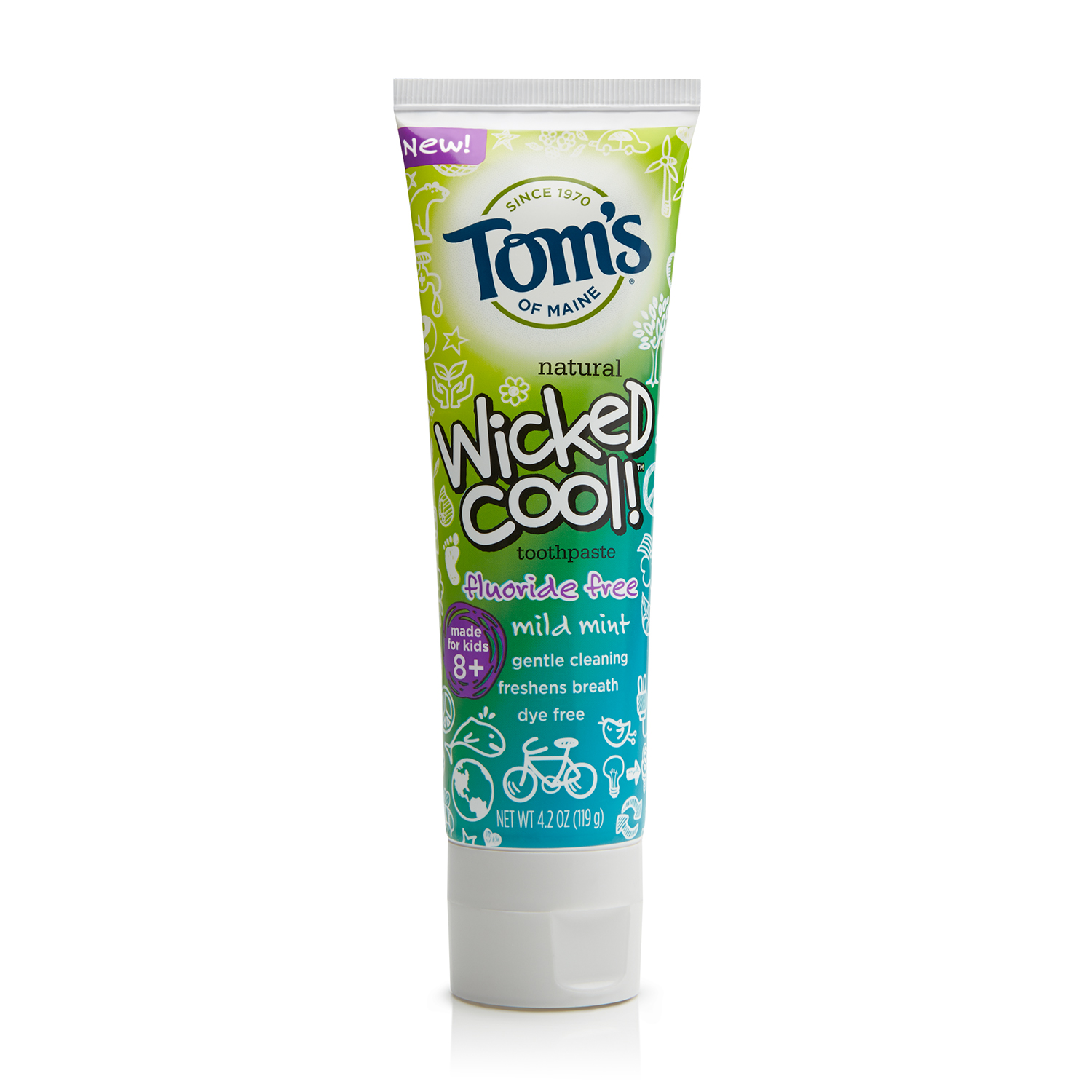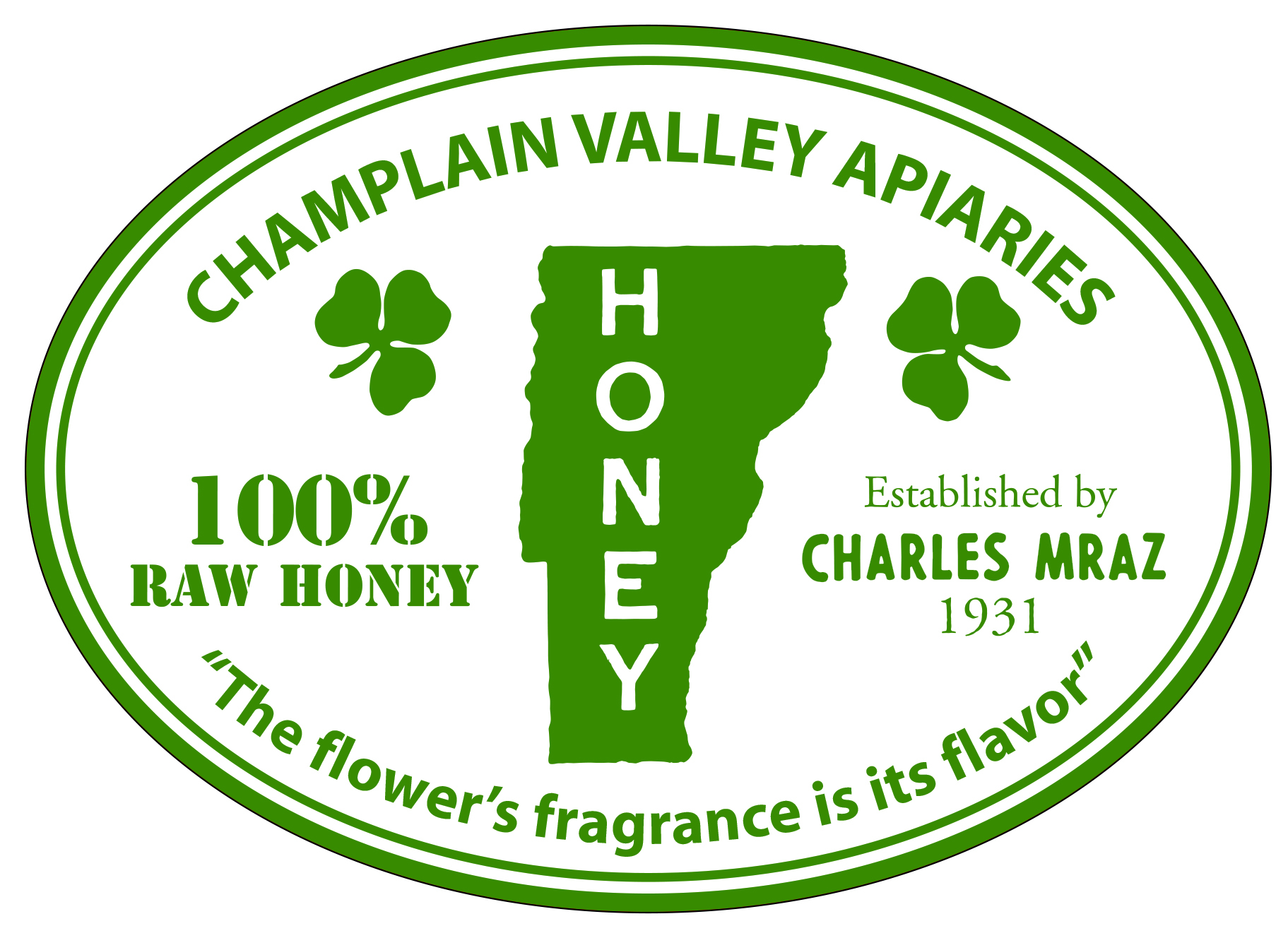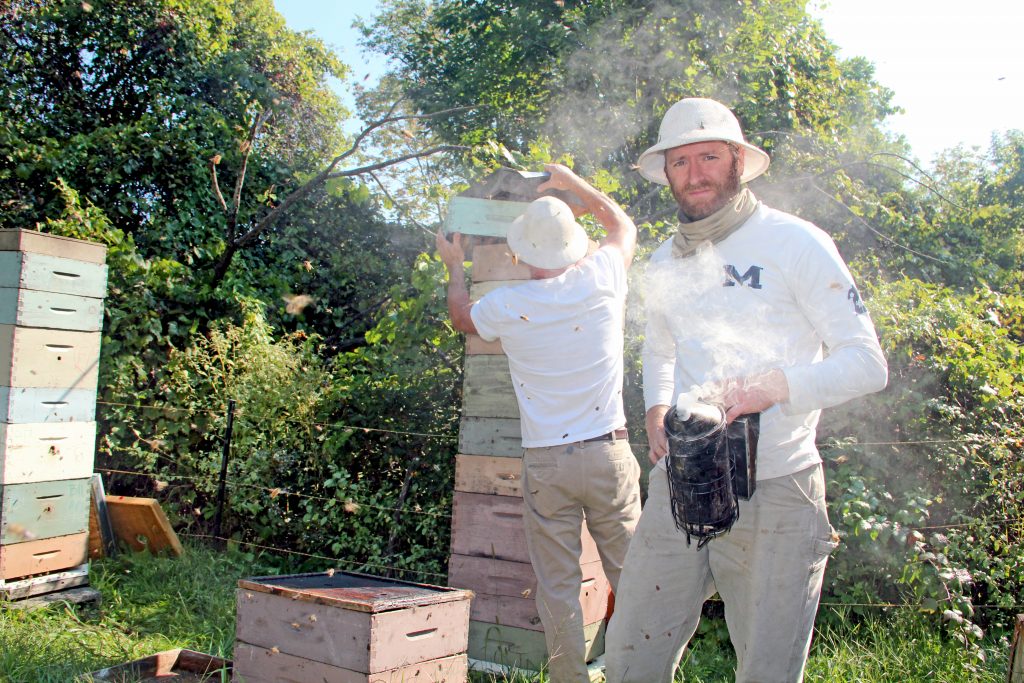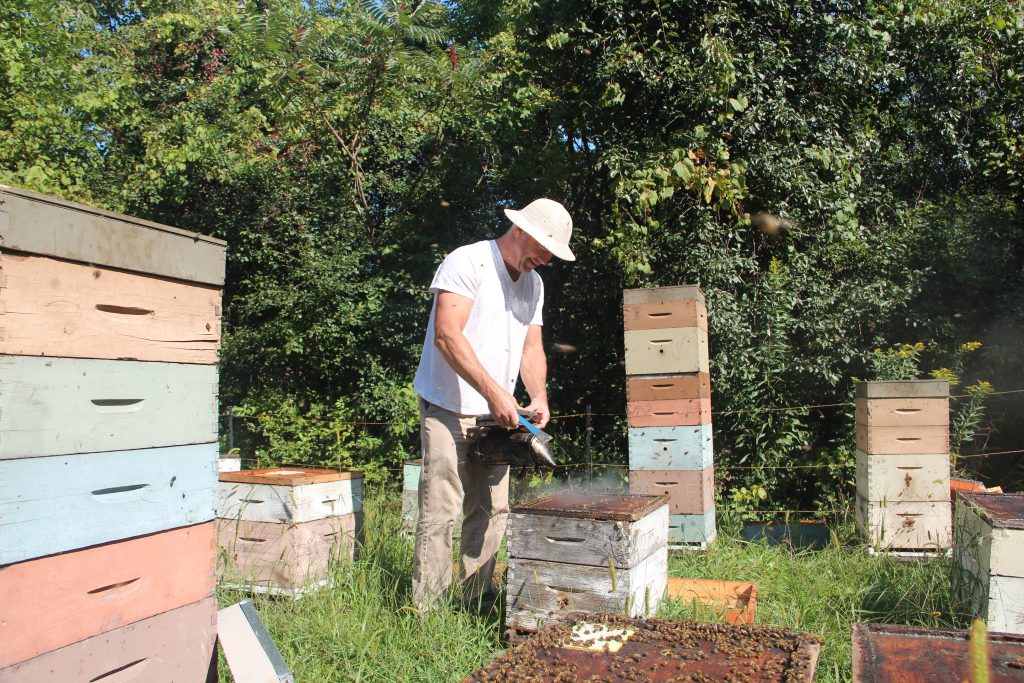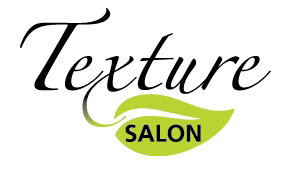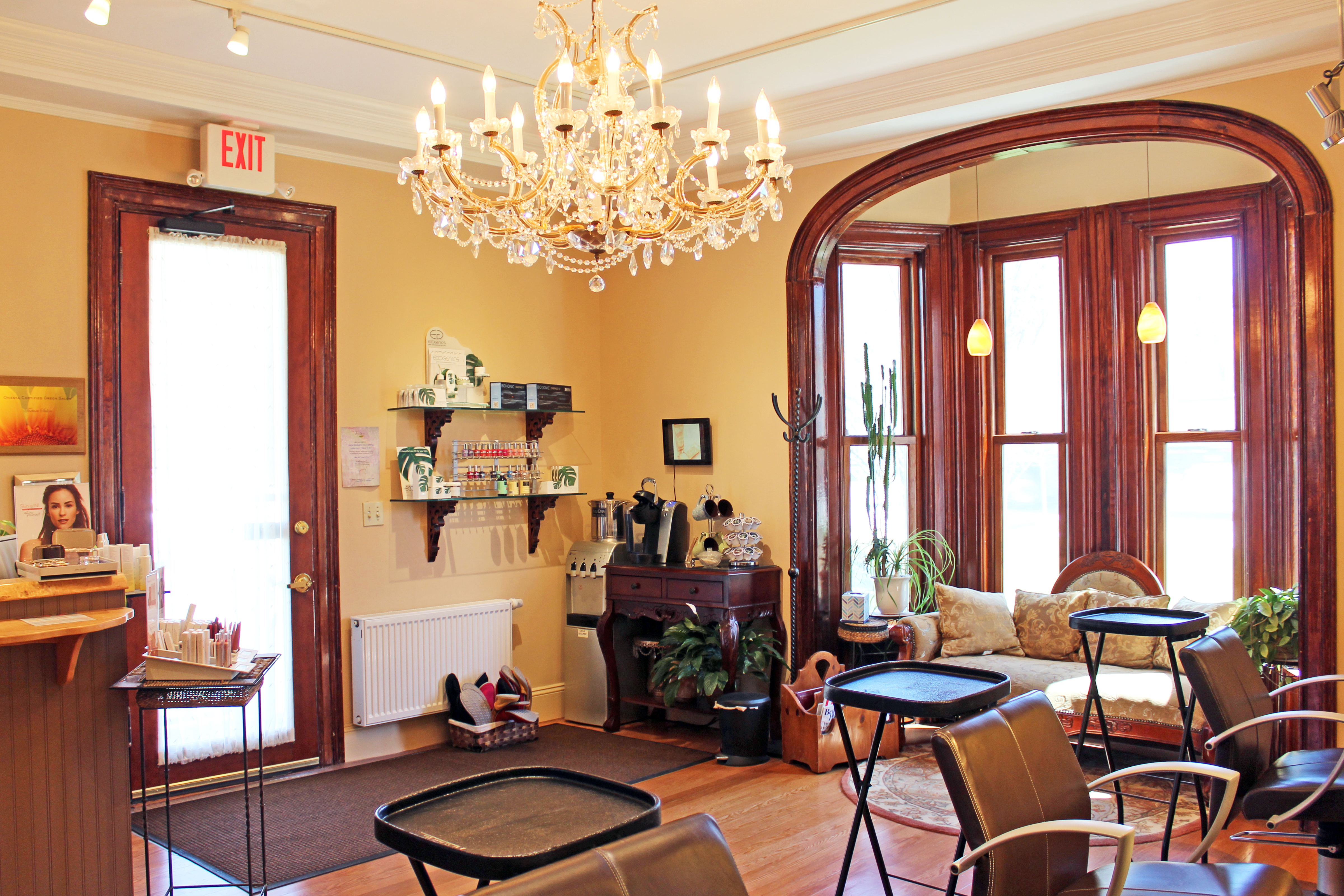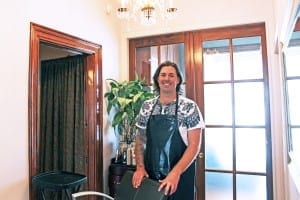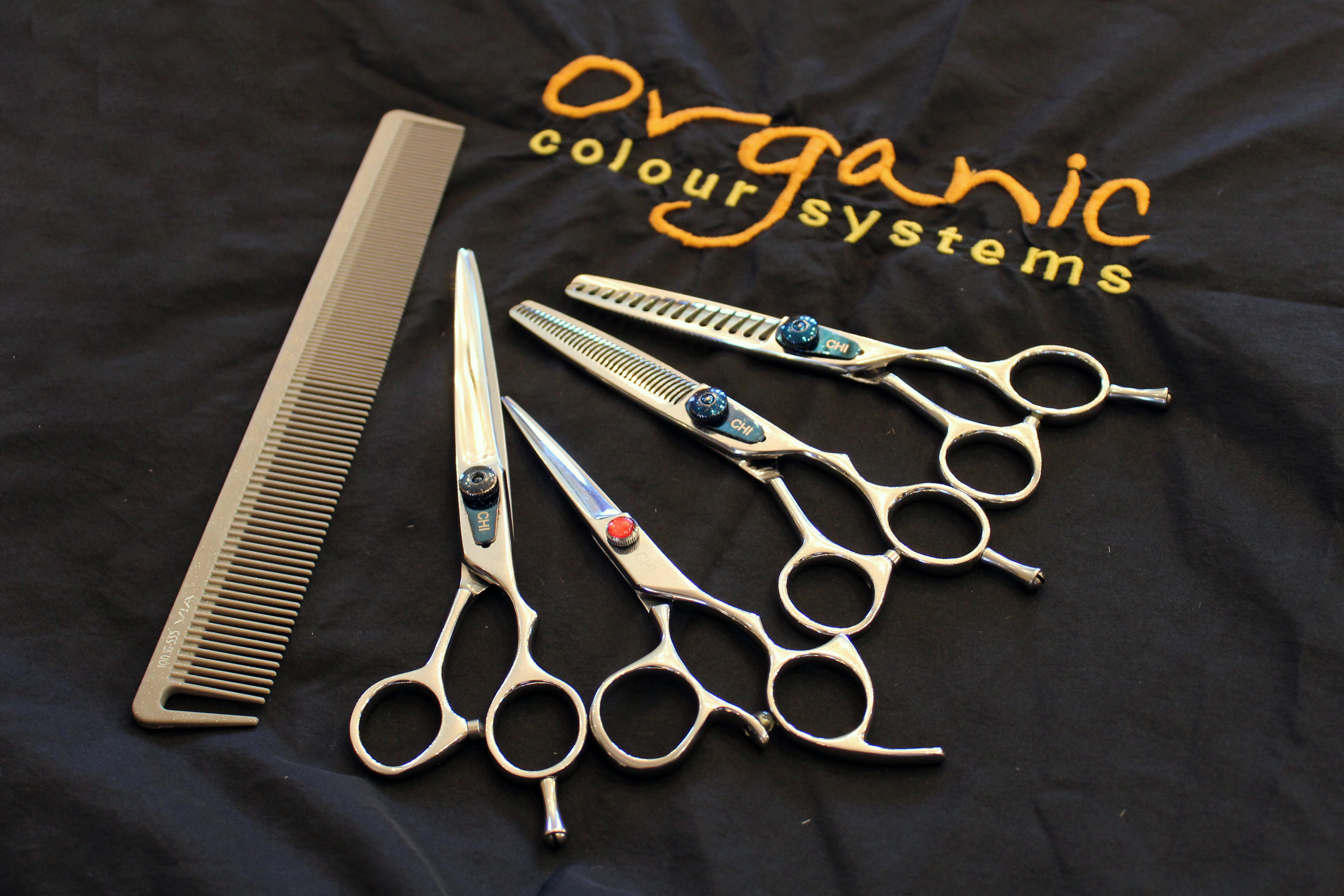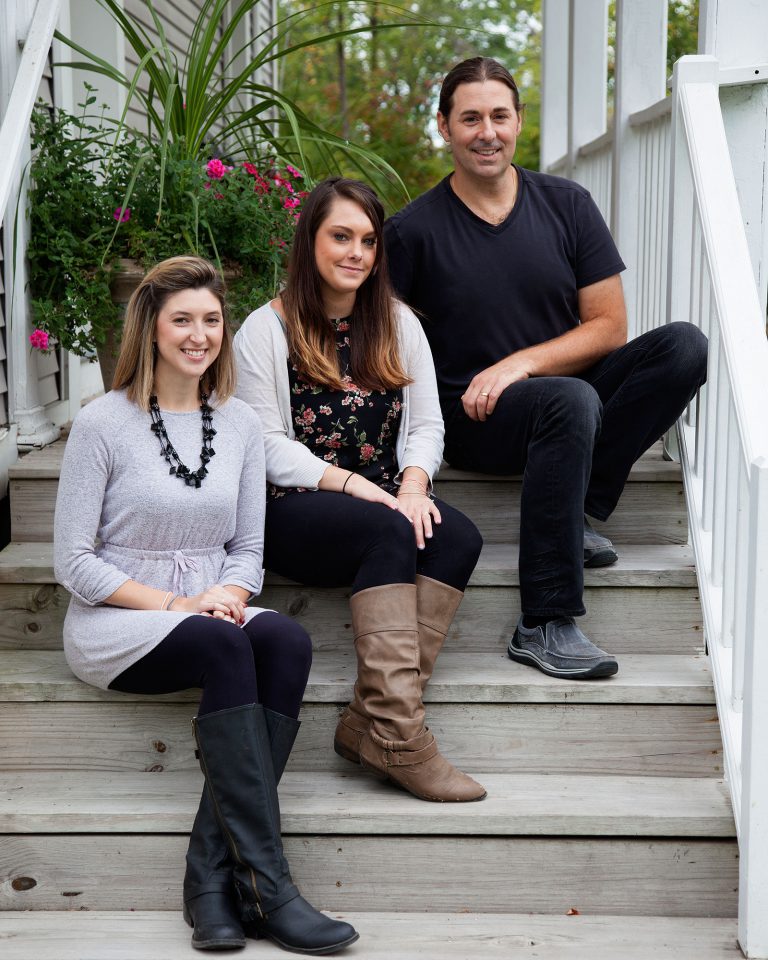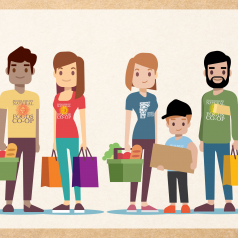
Answering your Questions About COVID-19 and the Co-op
Our members are rightly concerned about the Novel Coronavirus, now known as COVID-19, and have asked how the virus is affecting the Co-op. Here is a list of actions we are taking so far. We will update this list as the situation changes.
- Starting June 16th, masks are no longer required at the Co-op. Mask are still recommended for anyone who is not yet vaccinated or otherwise has a health concern.
- On June 15, 2021, the co-op ended its Temporary Online Ordering and Curbside Pickup Program, due to decreased demand.
- On 3/28/21, the Co-op learned that a staff member had tested positive for COVID 19. To learn more, please click this link.
- In March of 2021, we installed an electronic gatekeeper at our entrance, to help maintain safe crowd levels in the store. To access this live counter, please click here.
- As of Monday, June 15th, our store hours have returned to normal. We are open from 8 am – 7 pm daily. We are reserving the first hour of business for our most vulnerable community members.
- We are asking shoppers to please shop alone and limit shopping trips whenever possible.
- Starting Sunday, July 5th we require all shoppers to wear a mask while visiting the Co-op. We have masks available for those who need one.
- Starting April 19, all Co-op Staff, per Vermont order, will wear masks in the store.
- While gloves are not mandatory for shoppers, we do have them available for shoppers at our store entry. We also have hand sanitizing stations at the store entry and throughout the store. We strongly encourage you to use the sanitizer throughout your shopping trip.
- Since March 1st, we have been matching all “round-ups” at the register for local food shelves, CVOEO and HOPE
- On Saturday, 3/28, we installed protective plexiglass shields at our registers.
- Starting Monday, 3/30, we will offer Temporary Emergency Online Ordering and Curbside Pickup from a limited menu for our most vulnerable shoppers.
- Effective Friday, June 12th shoppers are welcome and encouraged to bring their reusable grocery bags. We ask that you please continue to leave your reusable bulk containers and reusable produce bags at home for now. We’ll let you know as soon as we’re able to accept these again.
- Starting 3/16/20, our seating area will be closed.
- We are increasing our sanitation practices throughout the store.
- We are suspending our member worker program for the time being.
- We are closing the hot bar and salad bar for the time being.
- We are putting all non-essential projects on hold.
- All staff who travel outside Vermont are required to follow CDC and Vermont Department of Health quarantine requirements before returning to work.
About the Virus
For complete information, visit these excellent and frequently updated pages from our friends at UVM Medical Center and Dartmouth Hitchcock Medical Center.
About the Co-op’s Response
We have many procedures already in place to help protect the safety of our employees, members, and shoppers—procedures we rely on to reduce the spread of foodborne illness and seasonal colds and flu every year. Learn more below.
The Virus and Food
According to the Harvard Health Blog, it’s not clear if the virus can spread through food. Even if so, it would be highly unlikely. Regardless, health officials cannot absolutely rule out the possibility of transmission from infected food handlers.
Food Safety at the Co-op
The Co-op’s food-safety program is the among best in the business.
Our employees must follow a strict set of standard operating procedures when handling products.
Many employees are ServSafe® certified. ServSafe® is a highly regarded food-safety training program administered by the U.S. National Restaurant Association. Many Co-op employees have the same level of certification as the managers of major restaurants.
Out of care for our community, our practice has always been for staff to remain at home when they are sick. All of our full-time and part-time staff accumulate paid time off to cover sick time.
Supplies
You may have heard stories about grocery stores running out of food and household items as consumers horde the essentials. One of our strengths is that we source from multiple suppliers, many of which are local, and we don’t pull from a central warehouse. Therefore we have multiple avenues for securing products even when there are gaps in availability. This is one of the many moments when we feel grateful to work with so many small, local producers!
Trustworthy Resources
The internet is full of misinformation, and social media channels thrive on hyperbolic language. One of the best things you can do is stay informed with accurate information. We suggest the following, recommended by Harvard Medical School:
- CDC
- World Health Organization (WHO)
- World Health Organization Mythbusters Page
- Medline Plus (A service from the U.S. National Library of Medicine)
For regular news, trust sources with deep, award-winning health reporting. We suggest:
Work with Us
Finally, we ask all of our members, shoppers, and employees to partner with us in this. No matter how many food-safety protocols we may have in place, we can’t control shoppers who might come to the store sick or handle packages with germs on their hands. WHO has great advice here on how to be responsible in order to protect yourself—and by extension your community—from the virus.


